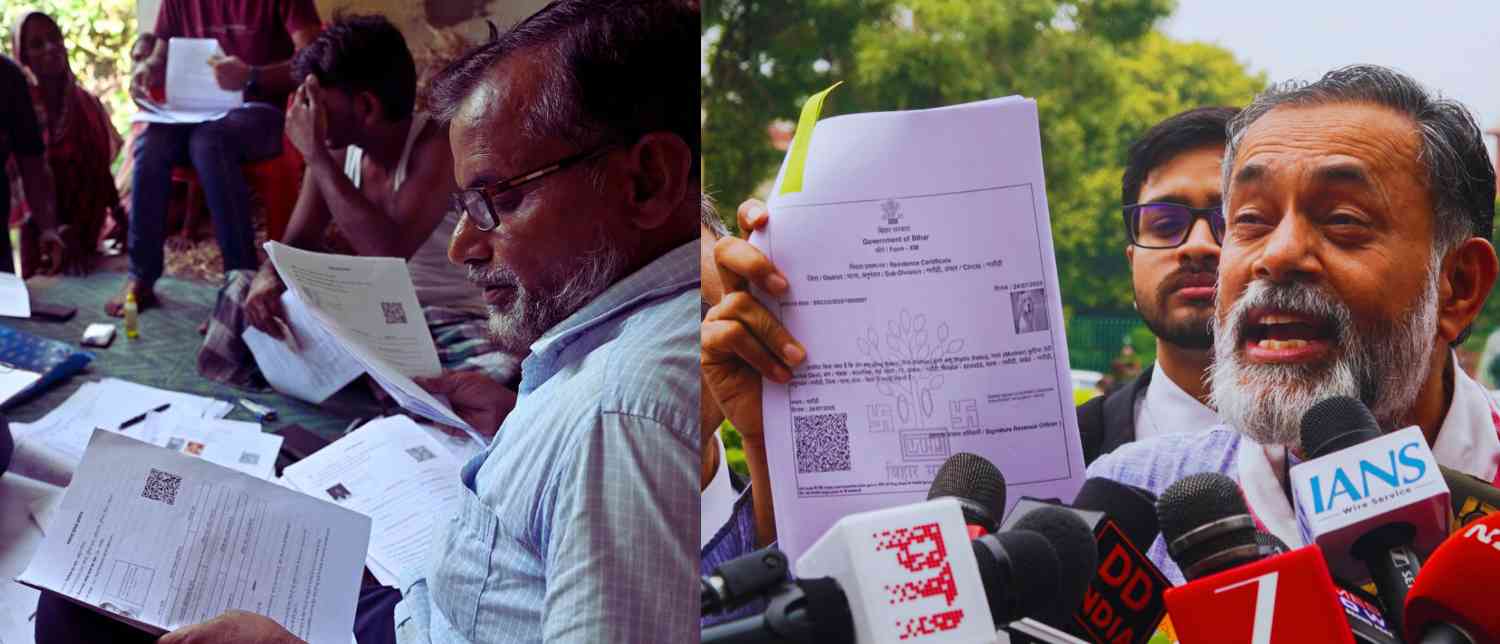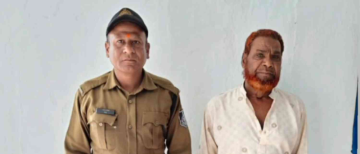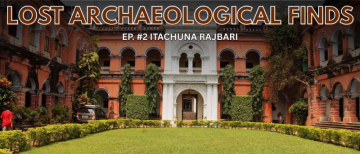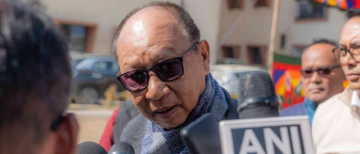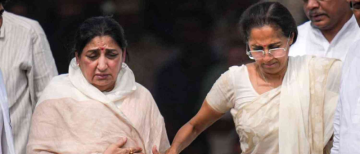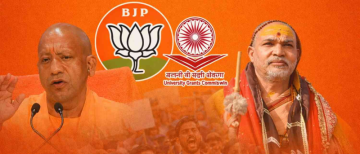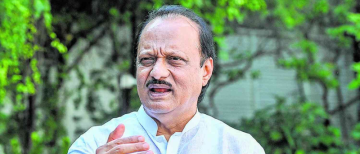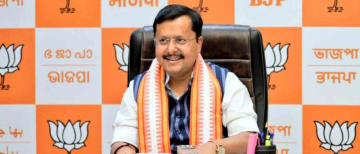In a noteworthy development in the ongoing controversy surrounding the Special Intensive Revision (SIR) of Bihar’s electoral rolls, political activist Yogendra Yadav appeared before the Supreme Court with two individuals who were officially listed as "dead" in the Election Commission of India’s (ECI) draft voter list but were very much alive. This incident took place during hearings challenging the SIR, an exercise designed to revise voter lists in the state.
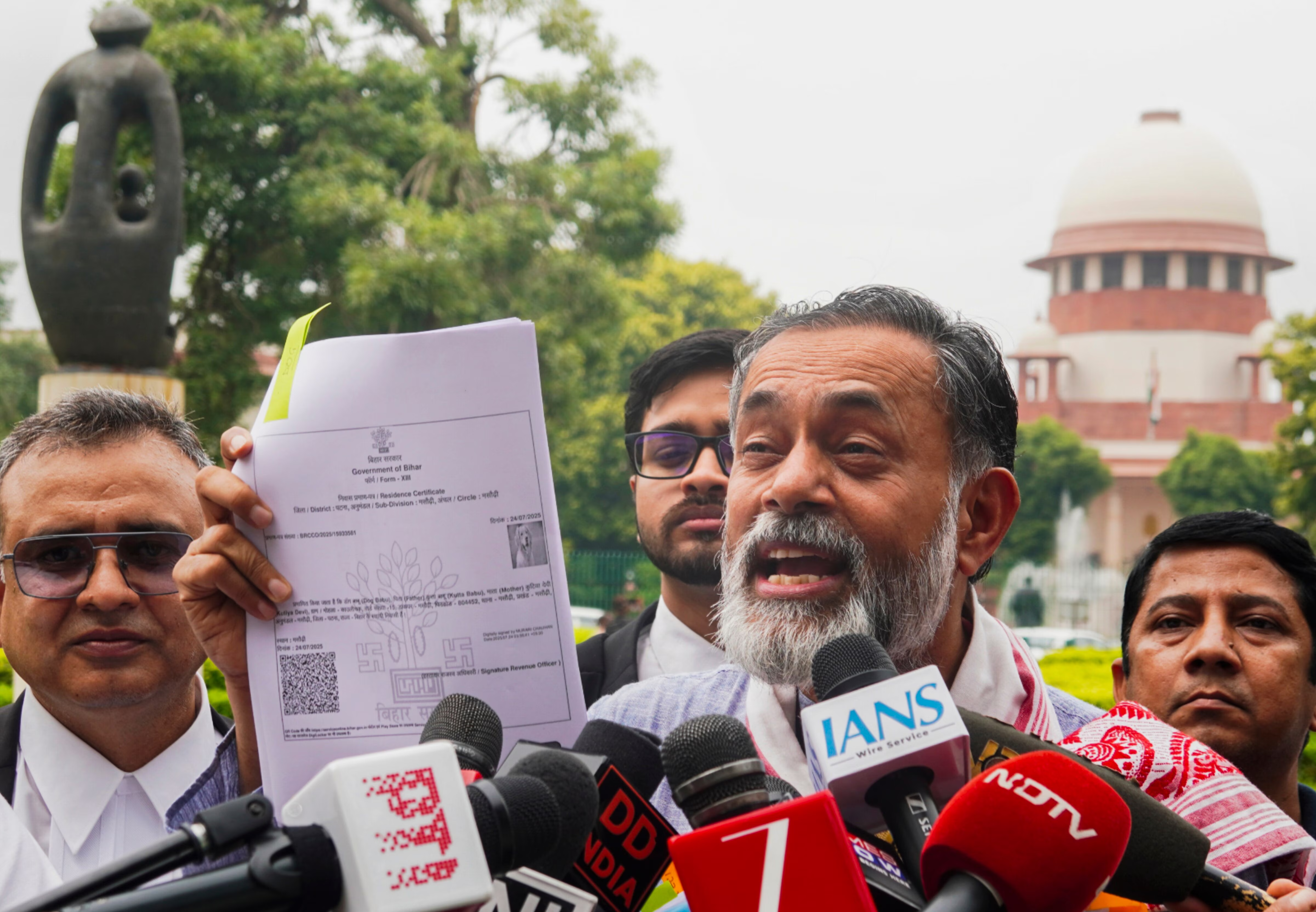
Yadav argued before the Supreme Court that the SIR process in Bihar represents "the largest act of disenfranchisement in the history of the country." He highlighted that around 65 lakh names had already been deleted from the draft electoral rolls with estimates suggesting that the number could rise to one crore if the revision exercise continued as planned. According to Yadav, the SIR process has not added any new voters—an unprecedented scenario in India’s electoral history. In fact, he said the process involved intensive deletions and practically no additions, which is contrary to the usual goals of such revisions, which aim to both add eligible voters and remove ineligible names.
The two individuals Yadav brought to court, identified as Vanchiya Devi from Vaishali district and Mintu Paswan from Arah district, were among the several people who were wrongly declared deceased and thus removed from voter lists. Yadav’s demonstration was intended to highlight the flaws and errors of the SIR process—flaws he said were widespread and systemic.
The bench, comprising Justices Surya Kant and Joymalya Bagchi, acknowledged the concerns raised. Justice Bagchi noted that the issue of people being declared dead mistakenly could be due to "inadvertent error" which could be corrected. Justice Kant praised Yadav’s detailed analysis and said some issues might need remedial measures.
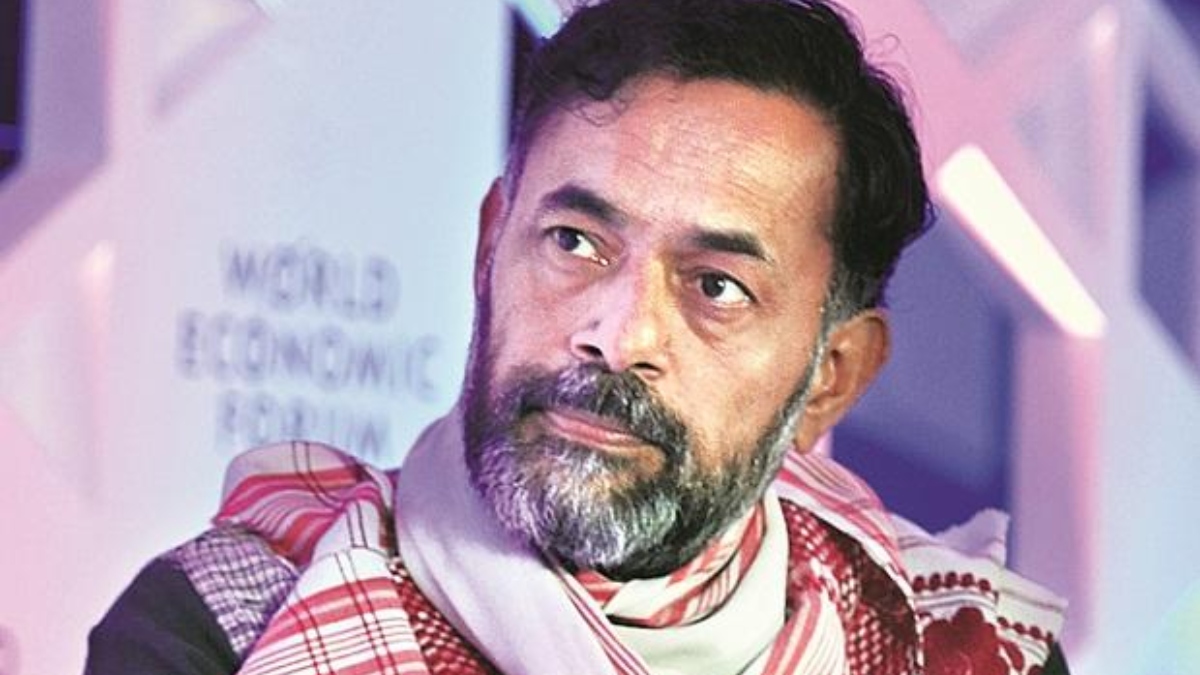
However, the Election Commission’s counsel termed Yadav’s move as “drama,” suggesting that instead of theatrics, efforts should be focused on helping those affected get their names rectified on the rolls. The ECI maintains that the SIR is a routine exercise, citing the need to cleanse electoral rolls by removing duplicate, deceased, or otherwise ineligible voters. They also pointed out that certain documents such as Aadhaar cards and ration cards are not conclusive proof of citizenship, complicating the identification process in a populous state like Bihar.
Critics of the SIR argue that the revision’s design makes it extremely difficult for many eligible voters, especially marginalized and poor citizens who lack specified documents, to retain or gain inclusion in voter lists. This could effectively disenfranchise them not only as voters but also as potential candidates in elections, thus impacting democratic participation in the state.
The Supreme Court has said it can intervene and set aside the entire SIR exercise if illegality or massive exclusion of voters is proven. The hearing on the matter is ongoing.
This situation underscores the challenge of balancing electoral integrity with inclusive voter enfranchisement. While voter list accuracy is essential to prevent fraud, exclusions due to administrative errors or overly strict document demands can threaten the basic democratic right to vote.
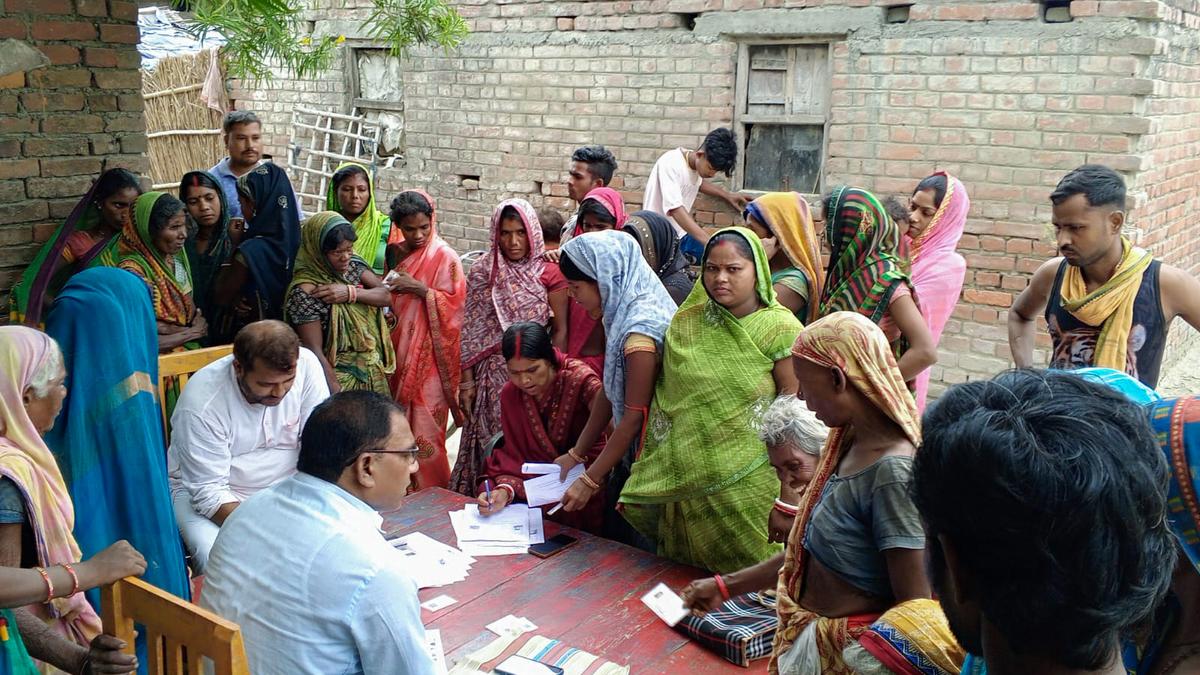
As it unfolds, the case serves as a significant reminder for electoral bodies to conduct revisions transparently, inclusively, and diligently, ensuring that no eligible voter is wrongly removed or excluded from the democratic process. It also highlights the important role of judicial oversight in safeguarding electoral rights amid large-scale administrative exercises.
With inputs from agencies
Image Source: Multiple agencies
© Copyright 2025. All Rights Reserved. Powered by Vygr Media.

